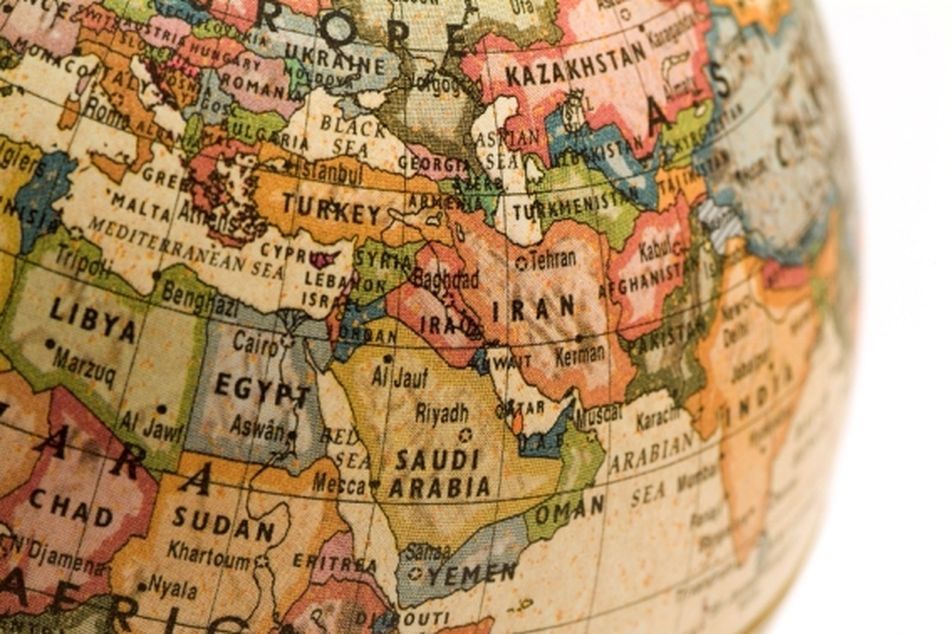Blaze in Middle East could torch investors in U.S.

Rising oil prices possible trigger for selloff; 'classic flight to quality'
Money managers and market analysts are closely watching events in Saudi Arabia today, hoping the kingdom can ease the worries of suddenly spooked investors.
The turmoil in the Middle East, particularly in oil-rich Libya, has jacked up the price of a barrel of crude this week — and sent investors running to safety. Saudi Arabia, however, is expected to increase oil production to help stabilize the price of the commodity.
“The Saudis are trying to placate the oil-consuming countries by increasing production of the same kind of light, sweet crude that has been disrupted by the unrest in Libya,” said Quincy Krosby, market strategist at Prudential Financial Inc.
In addition to trying to fill the production gap, Saudi Arabia — the world’s largest oil producer — is also trying to avoid civil unrest within its borders by introducing a range of benefits packages to its citizens.
“The market does not like shock, and the Saudis are trying to absorb the shock,” Ms. Krosby added.
The price of crude oil yesterday hit $100 a barrel for first time since October 2008. Not surprisingly, the S&P 500 Index has fallen 2.5% over the past four trading days.
Even though the political unrest has been spreading for weeks throughout the Middle East — now involving five countries — the financial markets have until now mostly shrugged it off.
But Libya, in addition to producing 1.8 million barrels of oil per day, is also seen by some as the tipping point for a stock market that might have been looking for a reason to pull back.
“There had been a lot of bullishness out there and when you get a lot of investors moving to one side of the trade, it makes the market vulnerable,” said Brian Gendreau, a market strategist at Financial Network Investment Corp. and a professor of finance at the University of Florida.
“This is a classic flight to quality,” he added. “I don’t know that a reversion to pre-disruption levels will be so quick.”
The political unrest that started in Tunisia in January has since spread to Egypt, Yemen, Bahrain, Libya and Iran.
“When it comes to the global economic and financial aspects, Bahrain and Libra differ from Egypt and Tunisia,” said Mohamed El-Erian, chief executive and co-chief investment officer of Pacific Investment Management Co. LLC.
“Libya is a significant oil exporter … Bahrain has become a battleground for sectarian issues,” he said. “The dynamics of the protests changed last weekend as relatively peaceful movements in Egypt and Tunisia regrettably gave way to violence elsewhere. This increases the uncertainty of both the current period and the post transformational period.”
The stock market’s reaction over the past few days is seen by some investors as an anticipation of more bad news to come, according to Ms. Krosby.
Aside from the recently higher gas prices, she said, “The crisis in the Middle East is not directly affecting us right now, but it’s seen as a future crisis.”
Still, investors in the U.S. are clearly worried that a dramatic spike in oil prices could trigger a selloff . “But once those fears are alleviated,” Ms. Krosby said, “you will see the market calm down.”
Learn more about reprints and licensing for this article.








